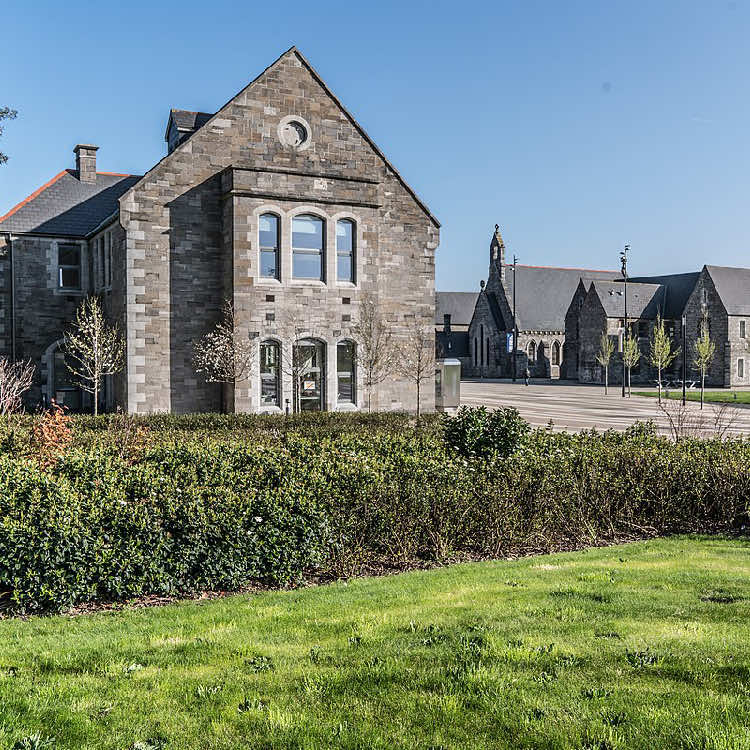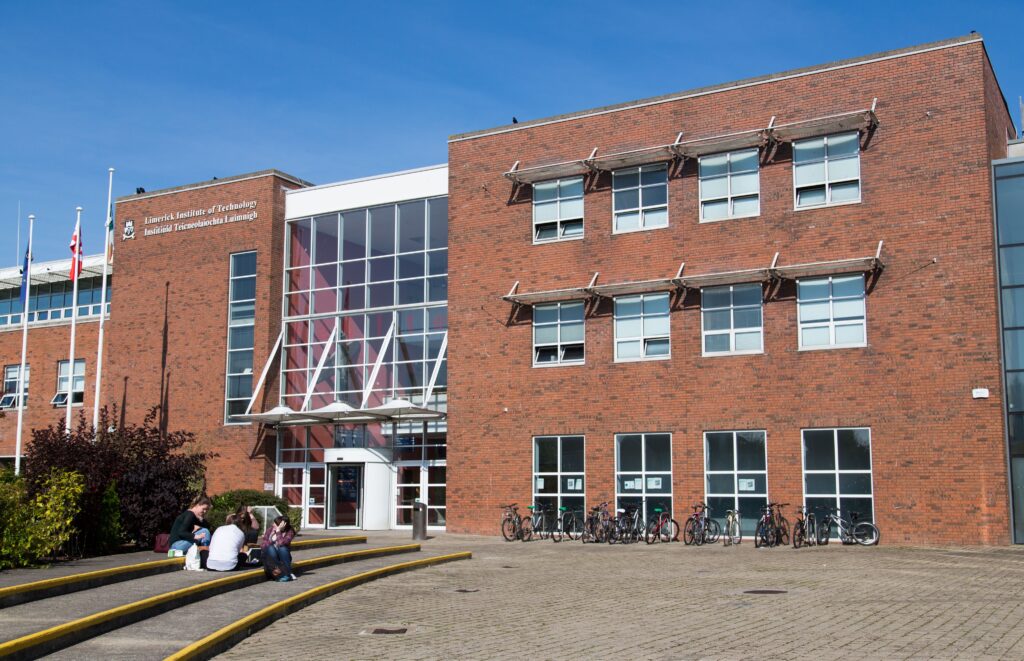Electronic and Computer Engineering

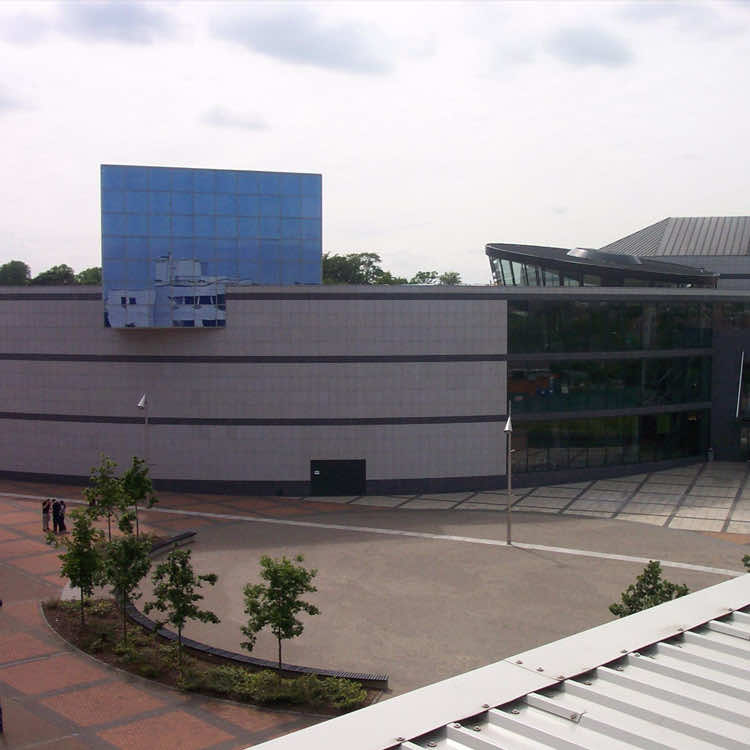
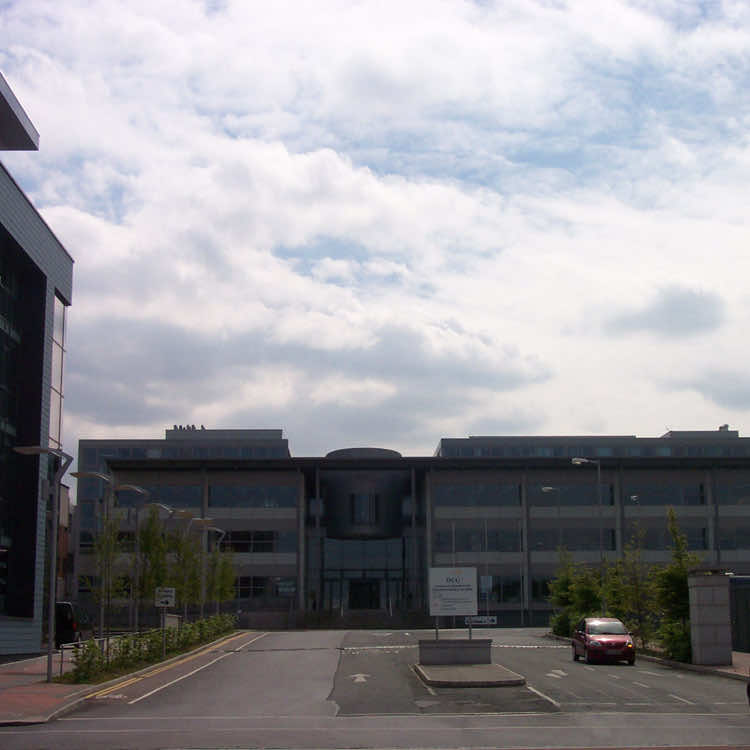
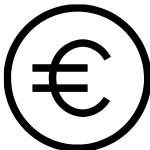
Tuition

Duration
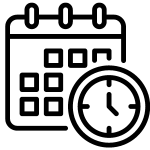
Admissions Deadline

Location
Profile
An electronic or computer engineer is a problem solver by nature—a person who wonders about how things work and how to make things right. Mathematics is the universal language of engineering, and you’ll need to be comfortable with logical and methodical approaches to understanding real-world phenomena. Leaving Cert Honours in Mathematics and (where available) Leaving Cert in Applied Mathematics, when well understood, are excellent indicators of ability in the field of electronic and computer engineering. Your thirst for knowledge and drive to contribute to society will lead to constant learning and innovation throughout your career. It’s no surprise then that 33% of the S and P 500 CEOs’ undergraduate degrees are in engineering—higher than any other discipline. This single programme, with four major options in Year Four, replaces and combines the best of DCU’s previous offerings in Electronic Engineering, Digital Media Engineering, and Information and Communications Engineering. You’ll be taught through conventional lectures, extensive tutorials (particularly in Year One), laboratory exercises, and projects. Through these, you’ll develop the ability to model and analyse the dynamics of a wide range of technological systems, as well as learn a creative and innovative approach to problem-solving. In addition to the traditional engineering focus on mathematics and design, there is a strong software and programming theme running through our ECE programme. You’ll learn about C, C++, Java, Embedded Systems, Linux and Windows Operating Systems, Data Structures and Algorithms, Hardware Description Language, Object-oriented Programming, and, in two of the Year Four majors, Web Application Development.
Notes
Student Contribution: €3,043 per annum. All Non-EU candidates are advised to apply early, as places are limited.
Application deadline for EU students is February 1 or May 1.
Admissions Requirements
High school diploma including any honours subjects with a minimum GPA of 3.0. Applicants who have completed an alternative qualification may be considered for direct entry into Undergraduate programmes at DCU.
Map
Sorry, no records were found. Please adjust your search criteria and try again.
Sorry, unable to load the Maps API.
Related Programs
Additional Information
- Bachelors
Considerations
- Not Required

